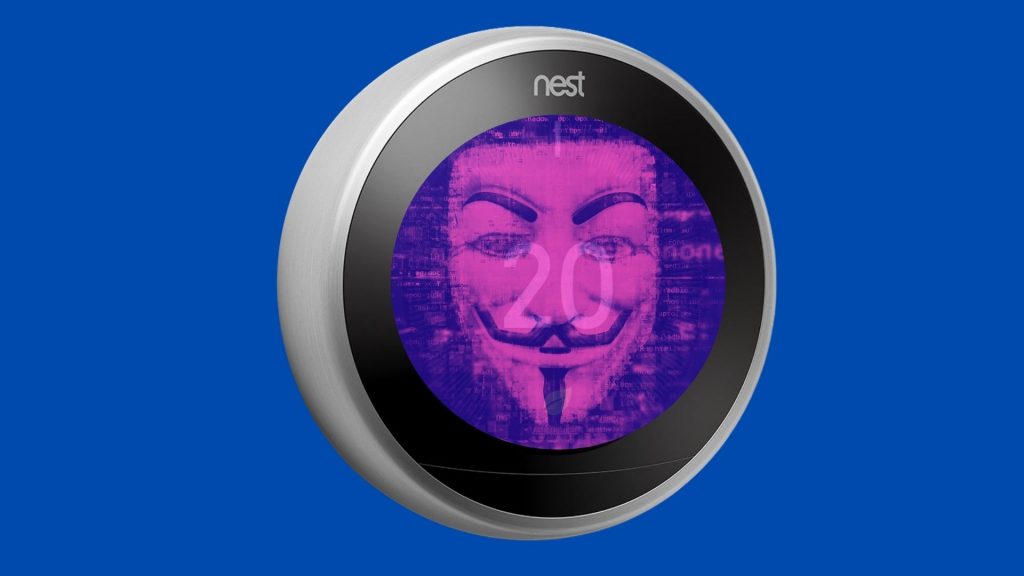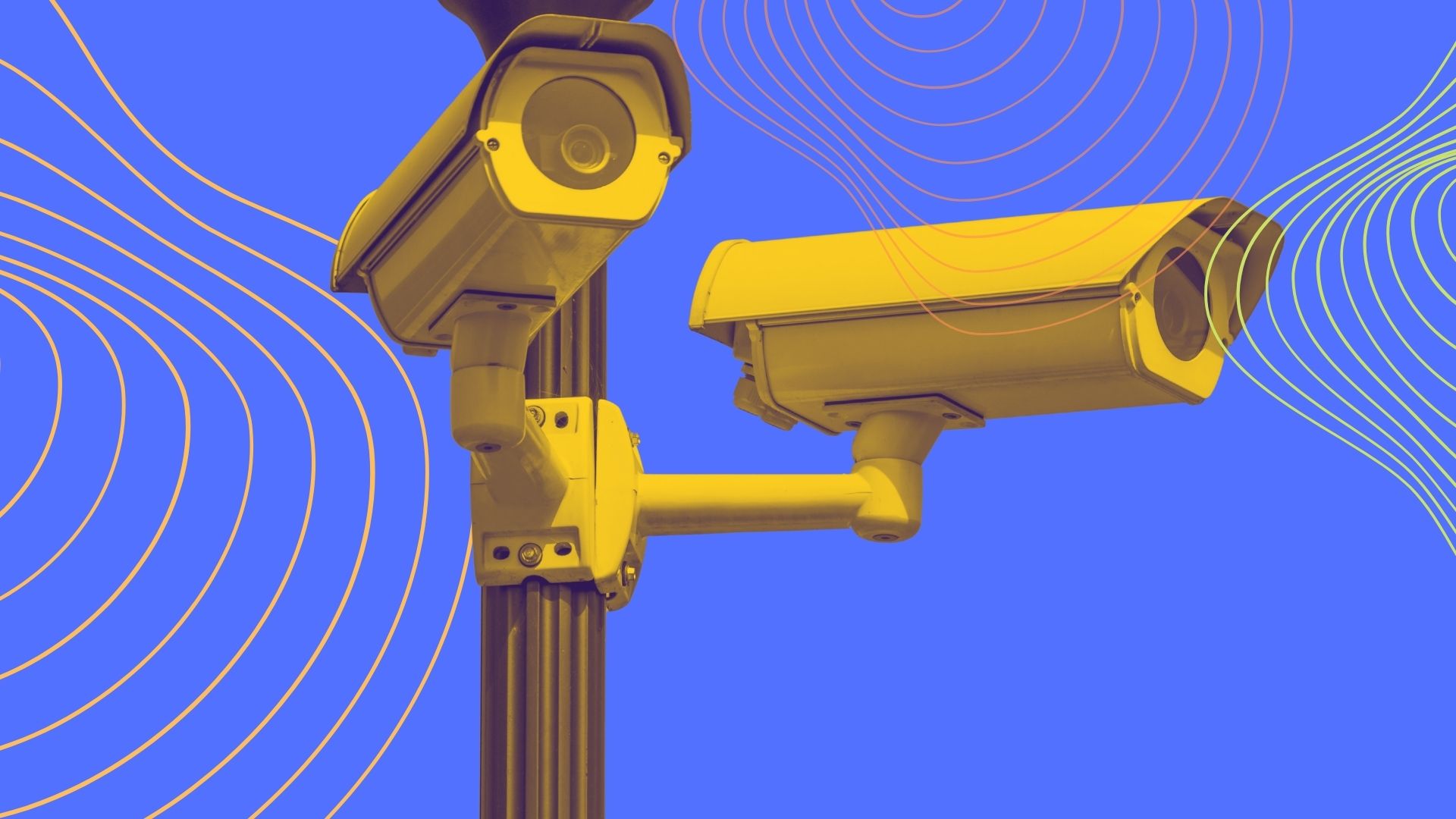Take a moment to picture what a hacker looks like. Hunched over a keyboard, typing complicated commands as they do battle with your firewall.
This media portrayal is pretty far from the truth. Unfortunately, the truth is actually a little scarier. The truth is that companies today have a lot to worry about.
Not only do you have to worry about the technical aspects of your IT but you also need to be aware that sometimes, quite innocently, your people can be the biggest IT cybersecurity risk.
First and foremost, a cybersecurity firm needs an awareness of not only your technical layout but also how and where you do business so it can combat the threats that come your way.
What do those threats look like? Well, let’s explore those ‘threat vectors’ and see exactly what a cybersecurity service will do to protect you.
Traditional viruses
While you still need effective antivirus software on your computers and servers, the role that viruses play in cybersecurity has shifted. Viruses used to simply wreak havoc on your systems for no real reason. Virus creators now mostly write the code for a specific purpose, and that purpose is normally financial gain.
Expect your cybersecurity service to automatically enforce the installation of high-quality anti-virus software, ensure it remains up-to-date and monitor for signs of an outbreak so they can take immediate action.
Crypto lockers
While this is normally delivered in the same way as a virus, it’s worth its own section because of how common it is and how much damage it can cause.
While many people do keep data on their own computers, and this data becoming encrypted can be a huge problem, just imagine all data on your network becoming encrypted.
Now think about what would happen if your backups become encrypted too.
You can imagine the scope of the problem here. Almost total loss of data. This is the issue that a crypto locker can create and one that a cybersecurity service must combat.
Expect your security partner to make sure that each user on your network only has access to the data they need, and that where possible that data is read-only. They will also need to consider how cloud services can be affected. Depending on how your cloud storage is configured, it might be in the firing line too. All data should be backed up and stored in a way that stops it from being encrypted. This might include off-site or offline backups.
While prevention is of course better than a cure, it’s important to strategise and test restore procedures. Your restore process needs to be practical for your business so it can continue operating during an attack.
Phishing attacks
Phishing attacks exploit the human elements of your business. We’ve all seen those odd messages, claiming to be from a government agency or delivery company, and been able to immediately spot them as fakes. Phishing works as a numbers game, if you send out a million emails, someone will be expecting a tax rebate or UPS delivery that day and click on the message without thinking. That’s all it takes. And if it’s your member of staff, the results can be disastrous.
The real danger here is that email filtering might not provide the protection you need. What if the email came from your boss? If their email has been accessed that becomes a possibility.
Expect a cybersecurity service to offer a multi-level security solution, limit access to systems and information based on company requirements and offer two-factor authentication for systems, or manager oversight, in which there’s commonly attacked data.
Network and Internet of Things (IoT) attacks
Sometimes the route that attackers take will be simply network-based. Many modern electronic devices, such as security and phone systems, come with internet connectivity included. The traffic they transmit to and from your network can be hijacked, or their own onboard software hacked, so they become a security threat to your business.
“A third of companies think the risk of IoT hacks has risen during the pandemic – mostly because of distributed working” – PSA Certified 2022 Security Report

When you consider the list of devices that seek internet access — like coffee machines, printers, and WiFi access nodes — it’s not hard to see the need for careful network administration and control.
Expect a cybersecurity partner to ensure network access is well-controlled. New devices must be vetted before they are added to the network and traffic into and out of, as well as across, your network should be monitored for vulnerabilities and suspicious activity.
The items we’ve mentioned in this article are some of the “heavy hitters” when it comes to cybersecurity, but it’s definitely not an exhaustive list.
The vast number of possible types of attacks means that a deep understanding of your business is a must for a security partner. Technical capability must be joined by a human understanding of how the staff of the business work so that loopholes can be closed without stopping staff from doing their jobs.
It’s a dangerous world out there, so make sure you’ve got a team on your side that will protect you from (such) issues.
If IT security is a concern for you, we’d be happy to provide a free audit. You can get in touch with us here.








